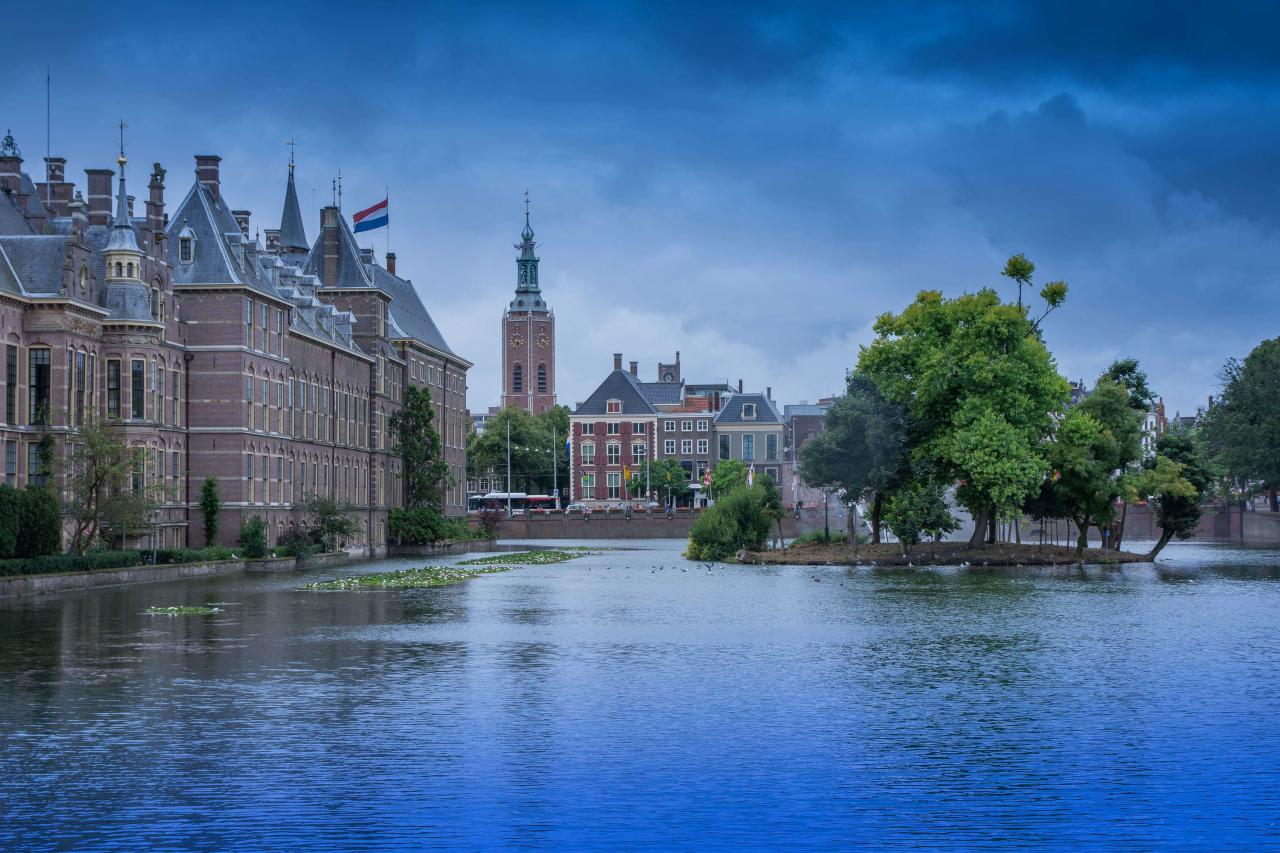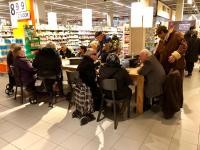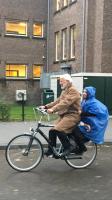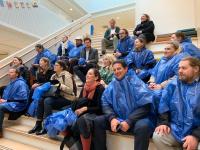
The City of The Hague joined the Com.Unity.Lab URBACT Network in Phase 2 of the Transfer Network to share its experience with Community-Led Local Development (CLLD) and be inspired by the BIP/ZIP strategy of Lisbon in order to improve the local strategy. During the Transnational Meeting in The Hague, on October 9th and 10th, the focus was on CLLD – the fourth tool from the Lisbon toolbox. The network partners paid visits to several projects that were realized by the foundation Stichting Initiatief op Scheveningen and the foundation and a representative of one of the funded projects shared with the project partners the workings of CLLD in their context, the challenges, and the importance of continuation with this form of citizen engagement. Sam Hurulean, from The Hague team, shared part of the dutch experience, future plans and expectations.
[[{"fid":"28639","view_mode":"default","fields":{"format":"default","field_file_image_alt_text[und][0][value]":false,"field_file_image_title_text[und][0][value]":false,"field_author[und][0][value]":""},"link_text":null,"type":"media","field_deltas":{"1":{"format":"default","field_file_image_alt_text[und][0][value]":false,"field_file_image_title_text[und][0][value]":false,"field_author[und][0][value]":""}},"attributes":{"height":769,"width":1024,"style":"width: 512px; height: 385px;","class":"media-element file-default","data-delta":"1"}}]]
Why is the CLLD instrument an interesting part of the Lisbon toolbox for The Hague?
I think that lately we are witnessing two different developments that coincide with each other. On the one hand, local governments have been realizing that top-down approaches do not necessarily lead to the best solutions at the local level. On the other, citizens increasingly wish to exert influence on plans that have to do with their direct living environment or they take matters into their own hands and come up with own initiatives. The question which rises is in what way local governments can stimulate and facilitate collaboration with citizens to come to solutions that provide an answer to local challenges. The current Municipal Executive Committee embraced this question and plans to experiment with ways in which this form of collaboration can be facilitated. According to the coalition agreement, a future-proof city can only be realized in close collaboration. Citizen engagement is therefore crucial, as is trust and support for local government plans.
What experience does The Hague have with the CLLD instrument?
The City of The Hague aims to strengthen citizen participation and local initiatives in all of its neighborhoods. In 2017, it has started with participatory budgeting experiments (wijkbudgetten) in several neighborhoods. In 2016, with the foundation of Stichting Initiatief op Scheveningen, an experiment with the implementation of CLLD started in the coastal area focusing on social inclusion. Stichting Initiatief op Scheveningen has supported many local projects aiming at the improvement or increase of employment opportunities, educational opportunities and the preservation and revival of cultural heritage. CLLD is one of the most far-reaching strategies to invite and encourage citizen participation and local solutions to neighborhood challenges. Despite the experience with implementing the instrument in Scheveningen, The Hague does not have experience with implementation in priority areas. Moreover, it has proven to be difficult to increase citizen engagement in priority areas. The Lisbon BIP/ZIP strategy and the experiences of other partner cities from the network can provide us with new insights to improve our implementation and continuation strategy.

Can you tell something about the future plans with CLLD in The Hague?
The plans in The Hague for CLLD are connected to one of the biggest challenges for the Netherlands as a whole: the energy transition from fossil fuels to sus
Officially the project period for CLLD in Scheveningen has come to an end in 2019. This means that the foundation Stichting Initiatief op Scheveningen no longer receives financial aid to support project ideas. It will be explored in what way CLLD can find continuation in this area. In the South-West district of The Hague, the local action group Project My Neighborhood (Project Mijn Wijk) became active in 2019 and currently focuses on expanding and starting initial projects before determining a local action plan. Inspired by partner cities in the network, The Hague also plans to work on an overarching structure that acts as a platform for knowledge-sharing and capacity-building and that aims to connect bottom-up and top-down plans so that we can truly work together in close collaboration towards a future-proof city.
What does the City of The Hague hope to get out of the network?
With each transnational meeting, we manage to take some of the elements back home in order to improve our local strategies. This does not confine itself to ideas for the implementation of CLLD. For example: the social mapping tool from the BIP/ZIP toolkit provided us with inspiration for our local mapping plans and the Aalborg focus on both the social and symbolic elements of place-making and the DNA Aalborg project gave us lots of food for thought. Moreover, we are looking forward to bringing people from our ULG to the transnational meetings so that they get the opportunity to exchange their experiences with others including the ULG of other partner cities. We are certainly convinced that the upcoming months will continue to provide us with new ideas and inspiring insights!

